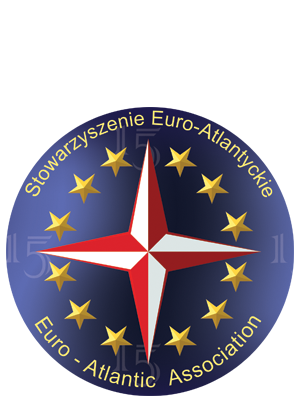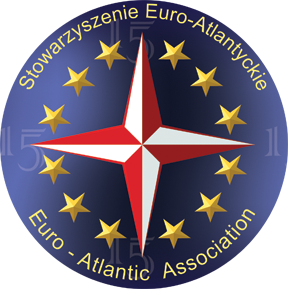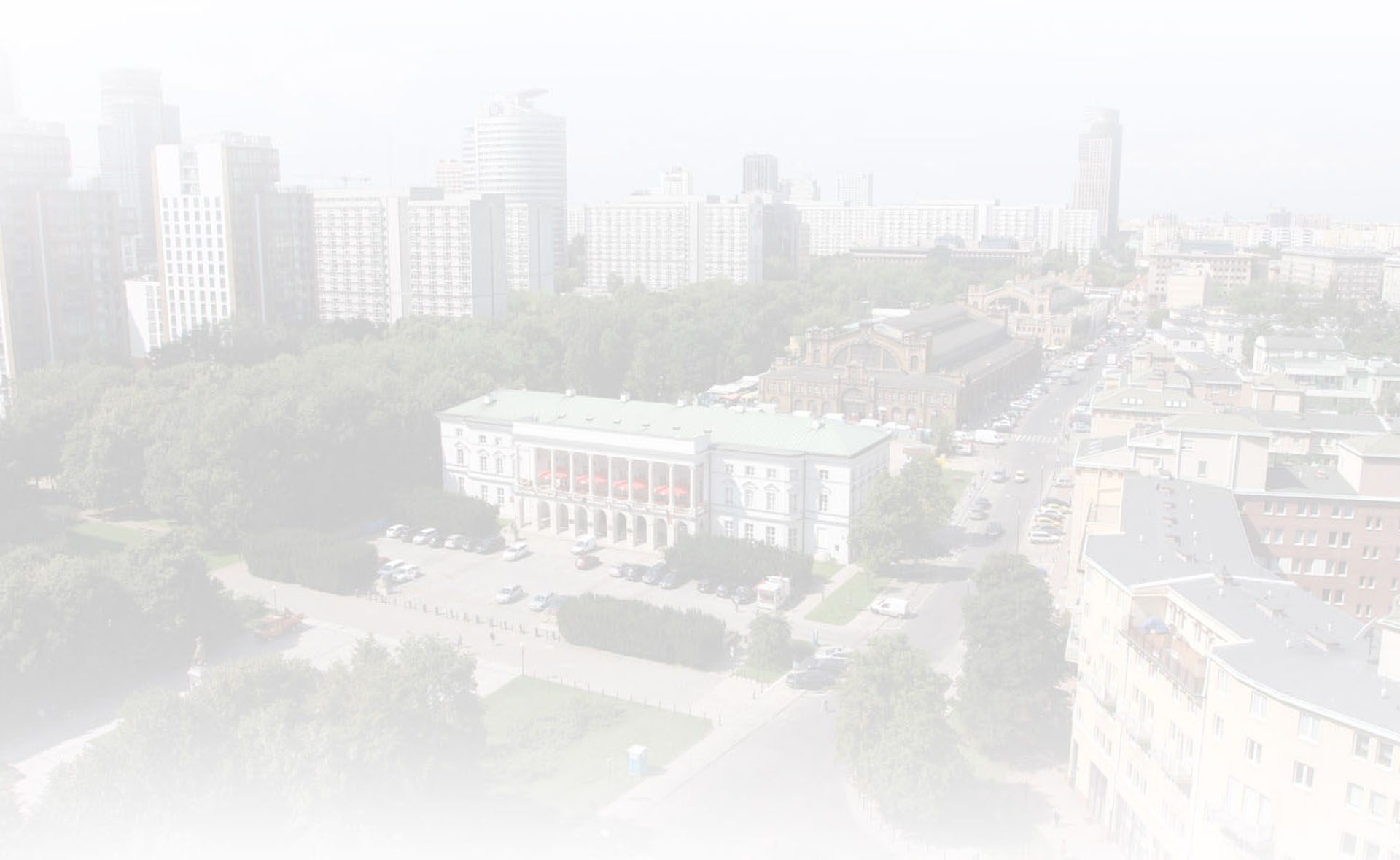NATO and Ukraine
Abstract of the Chairman of SEA Executive Council Janusz Onyszkiewicz’s speech during Ukraine-NATO Forum (Kijów, November 2013).
NATO and Ukraine
If we look at the existing common security organizations we can see that most of them have at least one common feature. The treaty which usually forms a legal basis for their existence clearly indicates that in case of an aggression on one of the signatories the remaining states should gang up against an aggressor to jointly put things right and restore the previous status quo. However, there is a tacit assumption that an aggression can happen also within the system, that means that one of the countries from the signatories can attack another member of such an organization.
Such a possibility is clearly seen in the most common security structure, that is in the United Nations. Organizing the assistance to the attacked country is a duty of the Security Council acting according to well-known procedures. Because practically all states belong to the UN, aggression clearly can happen practically only within this structure.
NATO is however something different. It is not a common security but a common defence structure. Such an organization is built on the assumption that aggression can come only from outside the structure, because all member countries form a kind of a community, sharing the same values, principles of international behaviour and determined to find solutions of possible controversies by peaceful means.
Therefore, it is possible to form common permanent military command, common military units and share all information and data including very sensitive and classified necessary to have an efficient military planning. Clearly, such structures could not exist in a common security organization because it would be unthinkable to share secret military information with a potential enemy and common military command could not function in case of a conflict between the countries having its officers in such a structure.
According to the NATO Strategic Concept adopted in 2010 the core function of the Alliance is, first of all- common defence, but there are also other like crisis management and the development of cooperative security, because the Alliance could be affected by security developments beyond its borders, cooperative secubased on confidence cooperation and transparency.
Because of that, it is quite natural for NATO to look for partners ready to join the Alliance in its quest for building a peaceful and stable environment in various regions but – first of all- in Europe. Therefore, there is a great scope for various countries to enter into a very close cooperation with NATO.
Among many countries, which are neither in NATO nor in the EU Ukraine is probably the most active in developing such a friendly and politically significant cooperation with NATO. It is enough to mention Ukrainian involvement in anti-piracy campaign, participation in almost all out of area action undertaken by NATO like Kosovo, Iraq , Afghanistan, forming together with Lithuania and Poland a joint infantry brigade and with other countries an engineering battalion and a common battle group Helbroc or , quite recently, Ukrainian participation in a major NATO military exercise Steadfast Jazz based on Art 5 (security guaranties) scenario and Ukrainian contribution to NATO Reaction Forces.
Such a great level of involvement in NATO is understandable, because both NATO and Ukraine share the same system of values and the same military and security philosophy. All of this made an Ukrainian quest for full NATO membership natural and welcomed.
But, Ukraine, after a long flirtation with the perspective of joining the Alliance has decided to return to its non-aligned status. One of the main reason to change the policy of striving to a NATO membership was rather cool response of the Ukrainian people to this perspective due to still lingering perceptions inherited from the Cold War period presenting NATO as a hostile and aggressive organization. There was however another factor – Russia.
To begin with it is worthwhile to remind, that Ukrainian NATO membership would be very difficult to reconcile with the presence of the Black Sea Fleet in the Sevastopol area. The existence of non-NATO country military bases on a member country soil could be somehow accepted as long as these bases are firmly separated as closed enclaves like Guantanamo in Cuba or British bases on Cyprus. This however is not the case, because as a legacy of the Soviet period the Russian military facilities are well scattered around Crimea and quite well meshed with local city or town communities.
The other problem with Ukrainian NATO membership is a spectre of possible territorial claims which could be raised by Russia. There is a treaty between Ukraine and Russia with full acceptance of the present borders, but in this treaty there is also a declaration not to join military alliances which are hostile to another party. Because Russia very often treats NATO as at least potential threat to its security it would be easy to declare that the treaty has been broken by Ukraine and therefore is null and void which would allow Russia to raise again the issue of Crimea. For Russia Ukraine in NATO is considered to be such a fundamental change, that some Russian political analysts like Karaganov claim that it may ignite a “major European war”.
And, finally, there is an economic big stick that can be used to force Ukraine to abandon dreams about NATO membership, an instrument which we can see in use in a recent case of Ukrainian attempt to come closer to the European Union.
All these boils down to a major rift in political thinking between NATO (and- to certain extent-Ukraine) and Russia. Western international structures relevant for the security like NATO or the European Union try to construct their security on cooperation, confidence and transparency. Russia, on the contrary, adheres to the traditional almost XIX century concept of balance of power and concert of big powers which should form the backbone of international security.
All this problems with Russia would disappear in case Russia will become another member of NATO. That however would require fundamental change in the way Russia looks at the international security environment and at some core values like democracy which is a true liberal democracy and not a democracy limited to the electoral process only, without respect for some basic political rights. Such changes would take a long time and would require a lot of mutual trust and confidence.
For the time being it is worth noticing that there is even much greater potential in Ukraine-NATO relation then what we can see now being practise.
First, what is rather surprising is Ukraine absence in the major security debates which dominate the European political scene, such as the problem of non-strategic nuclear weapons or plans to set up in Europe a NATO-American missile defence system. After all, this issues are very relevant to Ukrainian security. There is also a program known as a Cooperative Air Initiative to address situations when a rouge plane, outside the control of any air control systems could be suspected as taken over by terrorists what may require a coordinated international action. So far this is solely NATO-Russia program, but there is no reason why other countries like Ukraine could not join.
Naturally, many of the problems could be facilitated in case Ukraine would finally abandon its traditional policy of equal distance between major integrational structures and embark definitely on the way towards the European Union. Signing by both sides the association agreement could be a very significant step in this direction. At the moment, signing this agreement seems not so imminent. But…
Janusz Onyszkiewicz
Chairman of SEA Executive Council






Sorry, the comment form is closed at this time.